2023 turned out to be a busy year in space and the general vicinity. New Atlas looks back at everything from rocket launches and cosmic tsunamis to asteroid samples and the latest astronaut fashions.
NASA and Axiom Space unveil Moon-bound Artemis III spacesuit
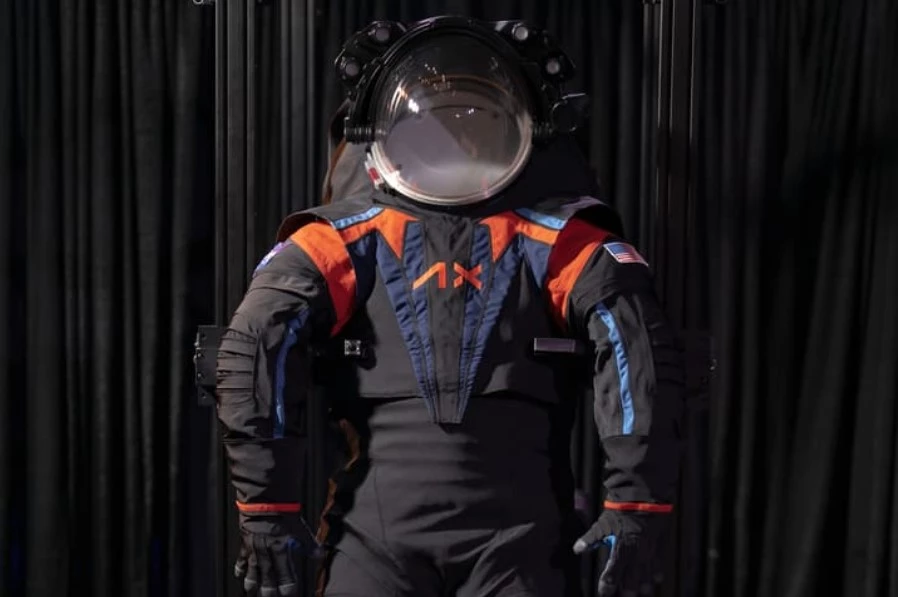
Let's start with a bit of fashion, shall we? In March, NASA took the wraps off the spacesuit that will be worn by astronauts on the Agency's Artemis III Moon landing mission. Designed by Axiom Space, it has a strong form-follows-function to its lines, though the lapels could be a tad less garish.
World's first 3D-printed space rocket lifts off
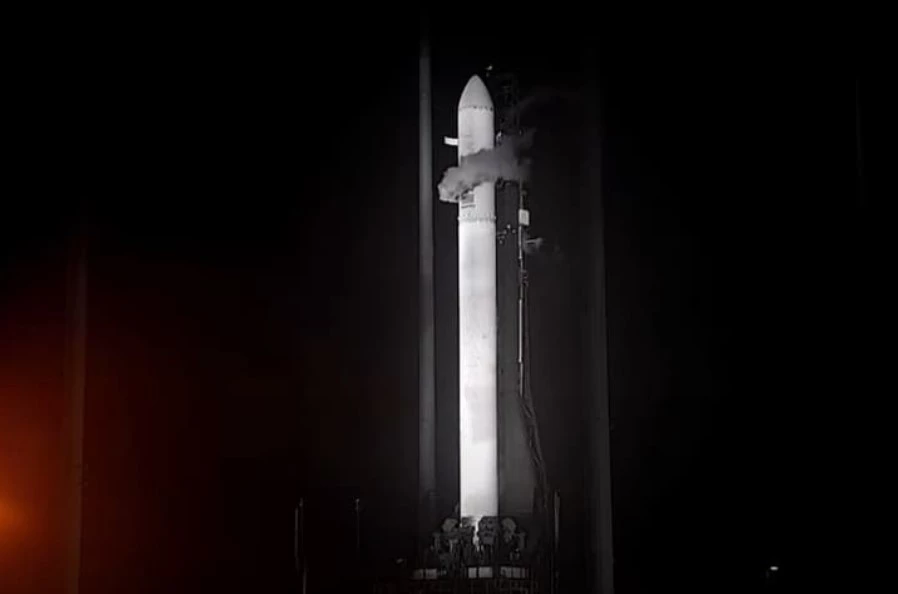
On March 23, a bit of history was made as Relativity Space carried out the first successful launch of an almost entirely 3D-printed rocket. Lifting off from Launch Complex 16 at Cape Canaveral Space Force Station in Florida, it completed all its test objectives, but the second stage failed to fire and it ended up in the Atlantic Ocean.
Virgin Orbit crashes out of the space race as assets are sold off

Not all the major news was of success. In May, space launch company Virgin Orbit was grounded for good when a US bankruptcy court broke it up and sold off its assets to bidders after a failed attempt on its first mission sent it into a hopeless financial down spiral.
Japan's Hakuto-R Moon landing ends in silence
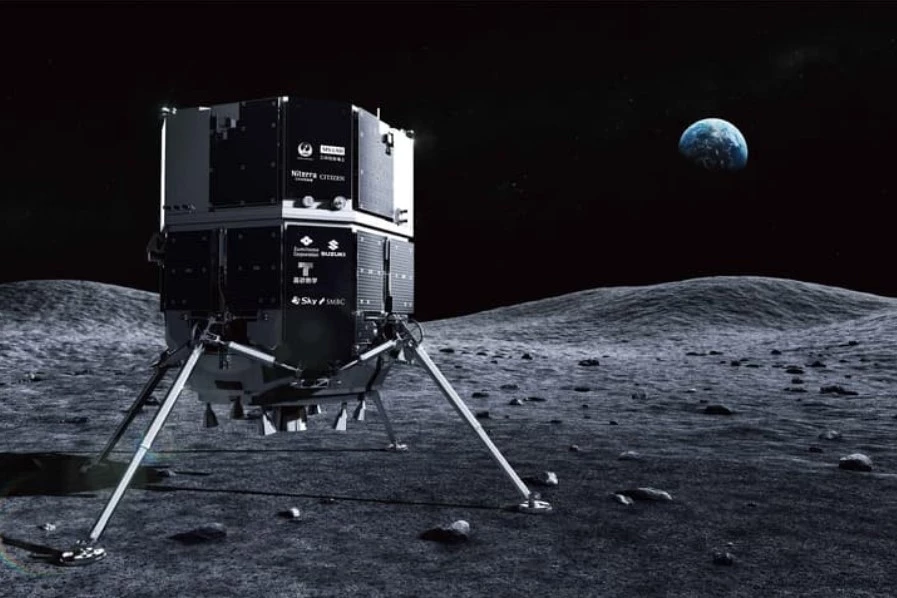
A similar fate awaited Japan's attempt to put a privately-owned spacecraft on the Moon, which ended in failure on April 25, 2023 when the Hakuto-R lander lost contact with Mission Control in Nihonbashi, Tokyo, shortly before the planned touchdown, and ending in a lunar crash.
Success: Juice radar antenna breaks free after remote control thump
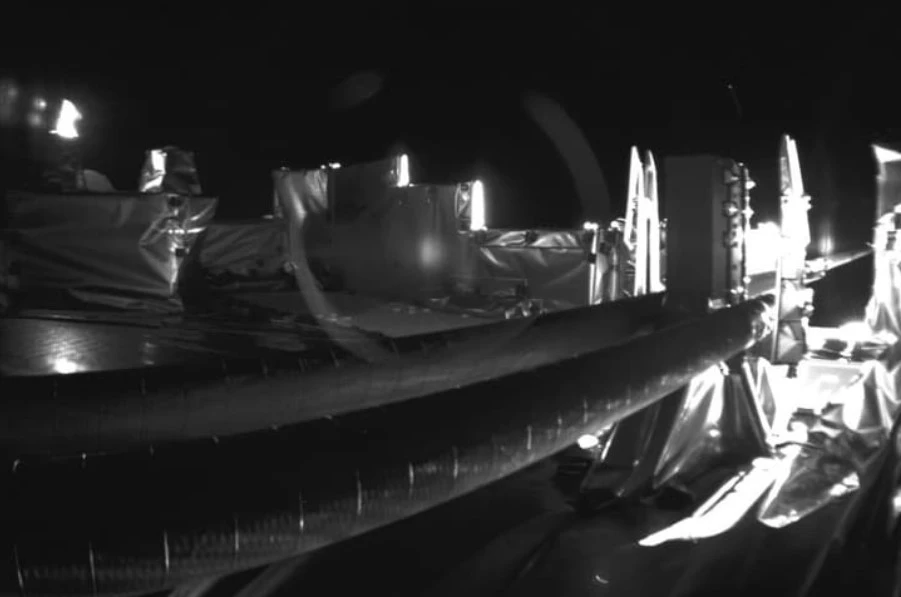
Happier news came in May as ESA's Juice Jupiter mission escaped a potentially very expensive dead end. Launched successfully on April 14, 2023, the ice-penetrating Radar for Icy Moons Exploration (RIME) antenna was stuck due to a tiny pin. By ordering the probe to rotate in the sunlight and firing the thrusters, Mission Control managed to shake the device loose and it unfolded properly.
New findings suggest hundreds of millions of planets may harbor life
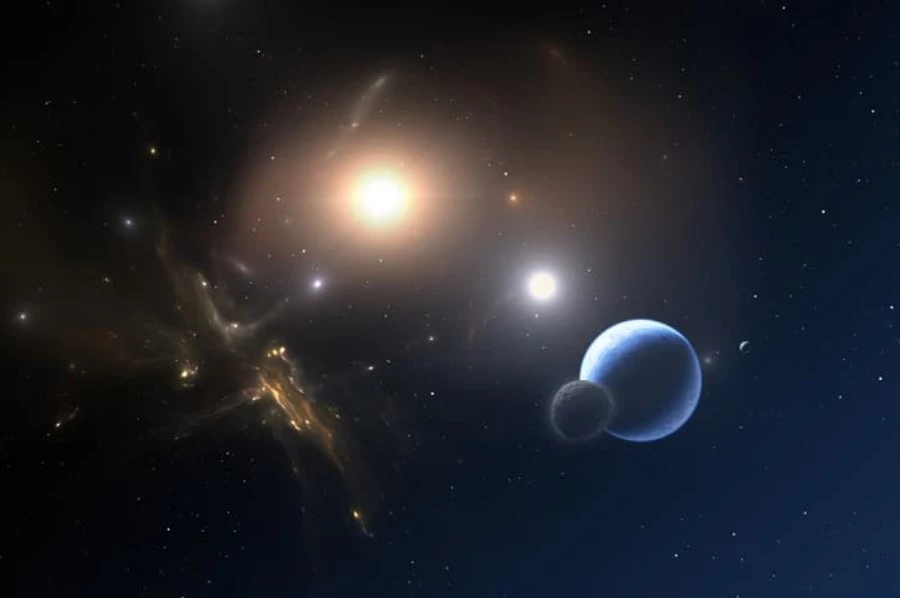
A bit further from home, scientists determined that there may be many more habitable planets in the galaxy than first thought, with a third occupying the "just right" goldilocks orbit around their star where liquid water can exist, making life possible.
NASA converts pee to drinkable water on International Space Station
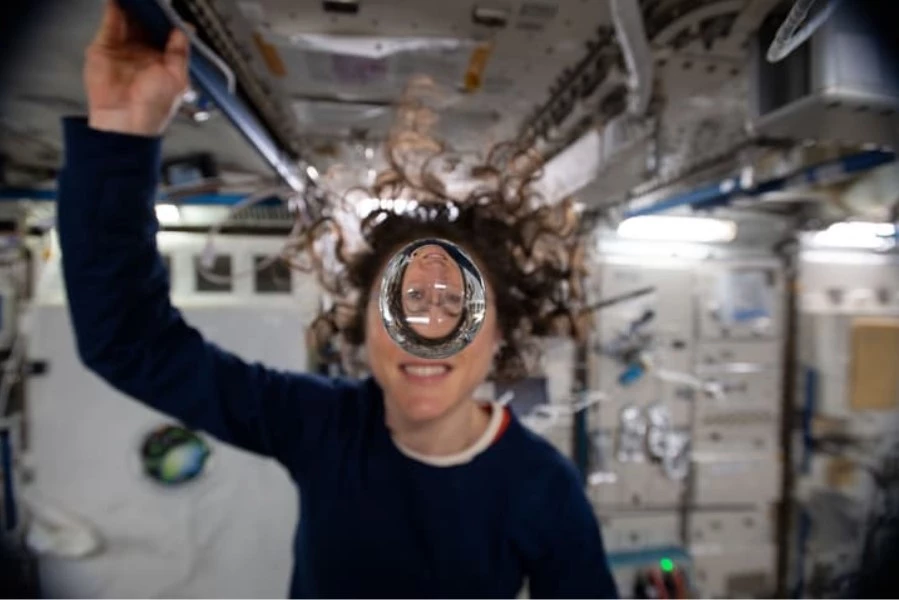
In June, water hit the headlines again as NASA demonstrated a new system onboard the International Space Station that can reclaim 98% of wastewater by converting things like urine into a drinkable state. Who drew the short straw for the first swig remains a mystery.
China claims world-first with methane-powered space launch
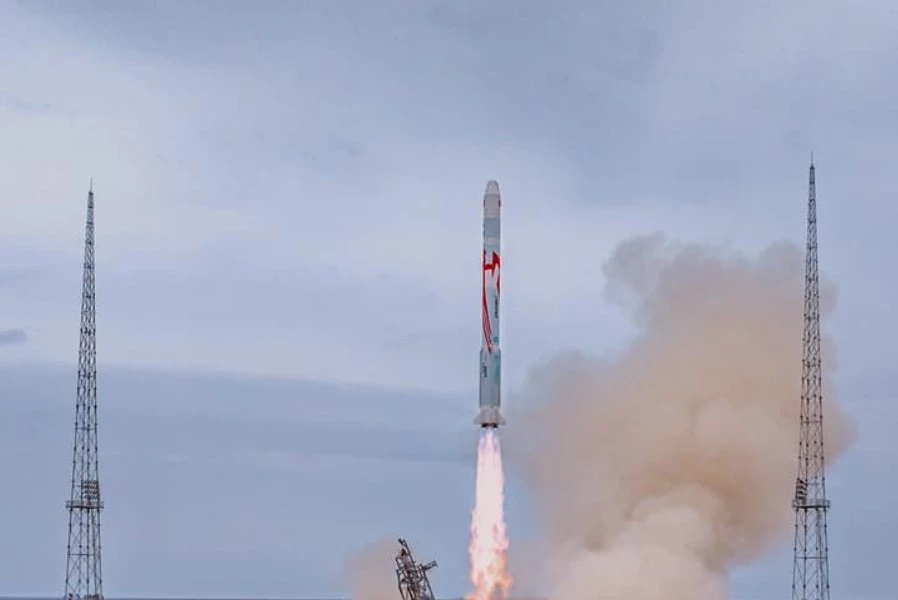
July saw China steal a march on the rest of the world by successfully launching the first space rocket powered by liquid methane and oxygen as the Suzaku-2 Yao booster lifted off from the Jiuquan Satellite Launch Center.
Virgin Galactic takes its first tourists to the edge of space
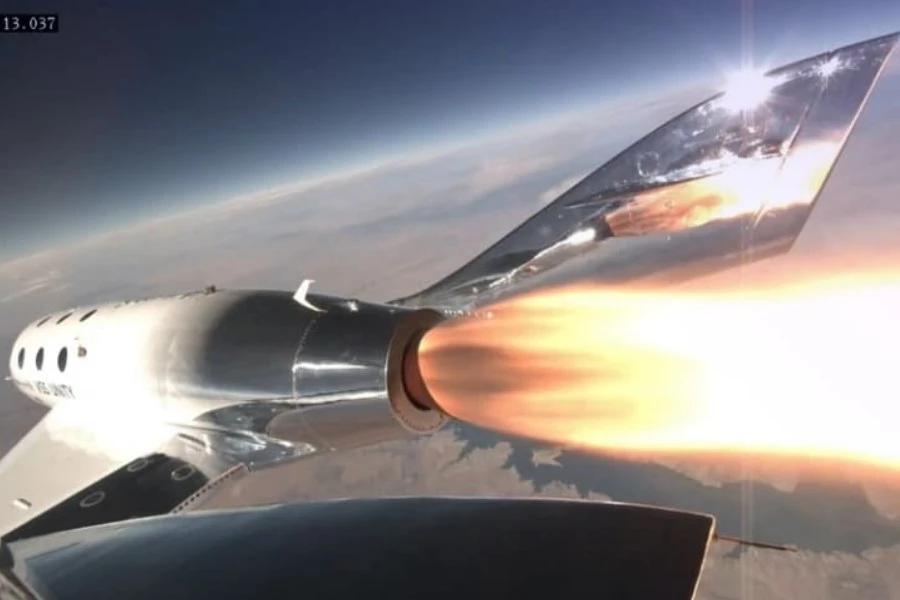
After many years of delays, Virgin Galactic carried its first tourist passengers to the edge of space in August, including former British Olympiad Jon Goodwin, and Keisha Schahaff and Anastatia Mayers, a mother and daughter from Antigua and Barbuda.
Three-million-mile-high tsunamis crash down on "heartbreak" star
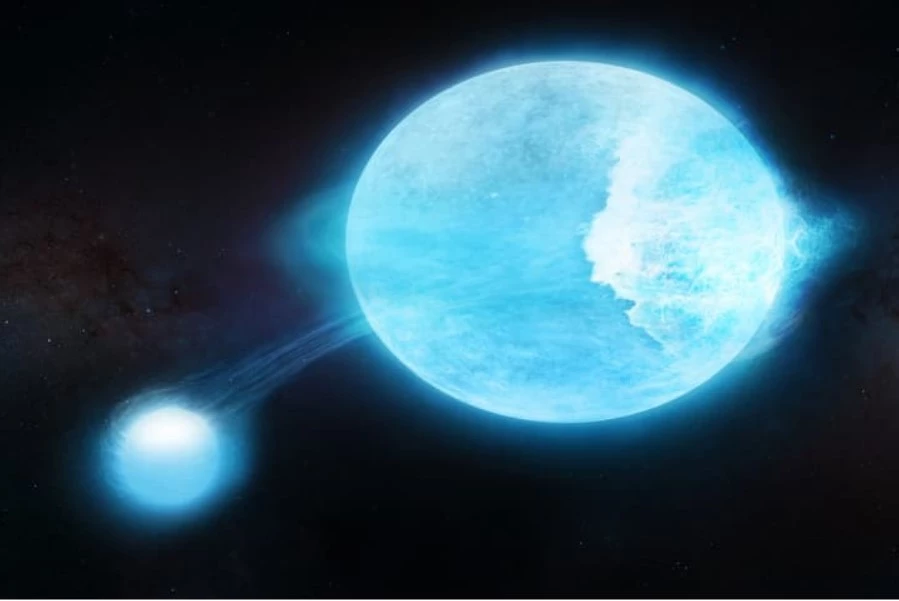
Cosmic drama also played out in 2023 as astronomers discovered a “heartbreak” star system where tidal waves, three times taller than the Sun, rise and crash on the surface of a giant star thanks to the motions of a smaller companion star.
Crash into the Moon ends Russia's Luna 25 mission
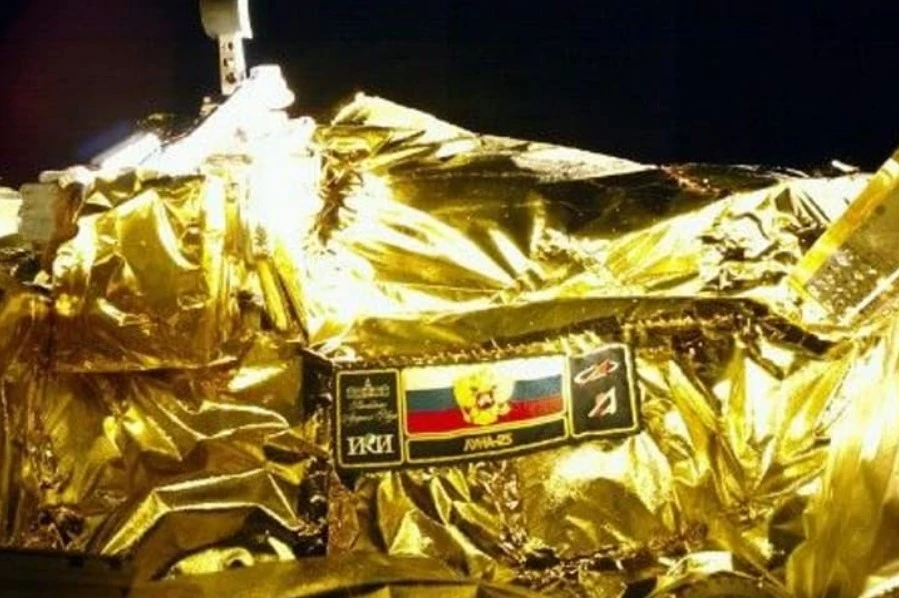
Russia's lunar ambitions went south on August 19 when its first Moon landing mission in 47 years came to an abrupt end after the Luna 25 lander crashed into the lunar surface due to an undetermined malfunction.
India's Chandrayaan-3 makes historic landing near Moon's south pole
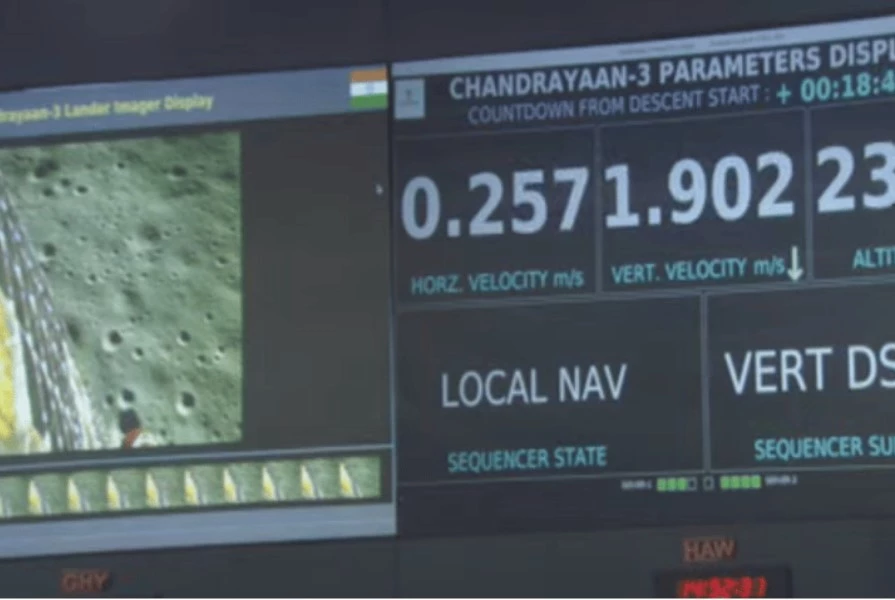
In happier news, India joined one of the solar system's most exclusive clubs as it successfully landed its first probe on the Moon. On August 23, the robotic spacecraft touched down near the lunar south pole, making it the southernmost landing to date.
NASA's OSIRIS-REx asteroid sample return mission lands safely in Utah
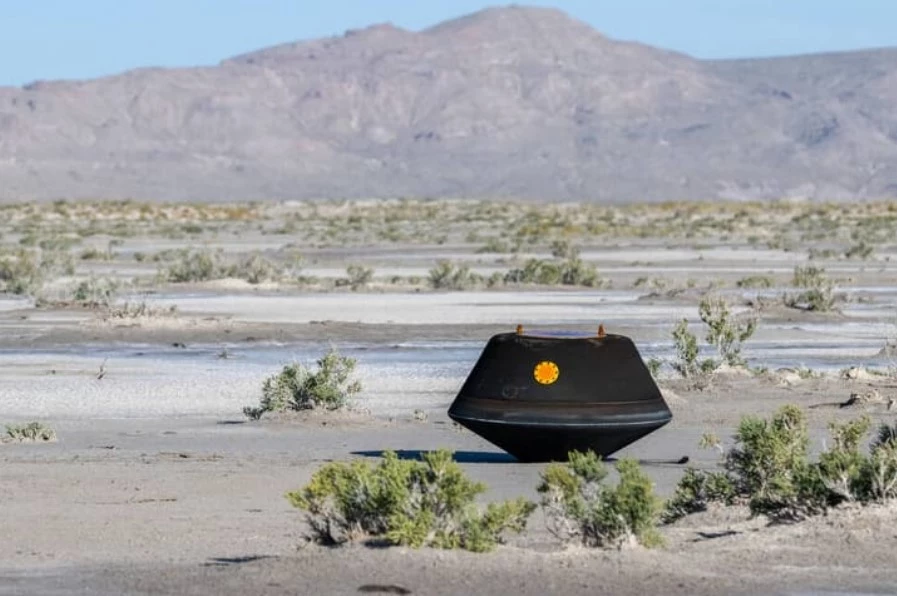
Meanwhile, in September, NASA's Origins, Spectral Interpretation, Resource Identification and Security – Regolith Explorer OS(IRIS-REx) successfully returned asteroid samples to Earth intact after a two-and-a-half-year astral trek and seven years since lift off.
New Horizons gets a new lease on life and a possible flyby mission
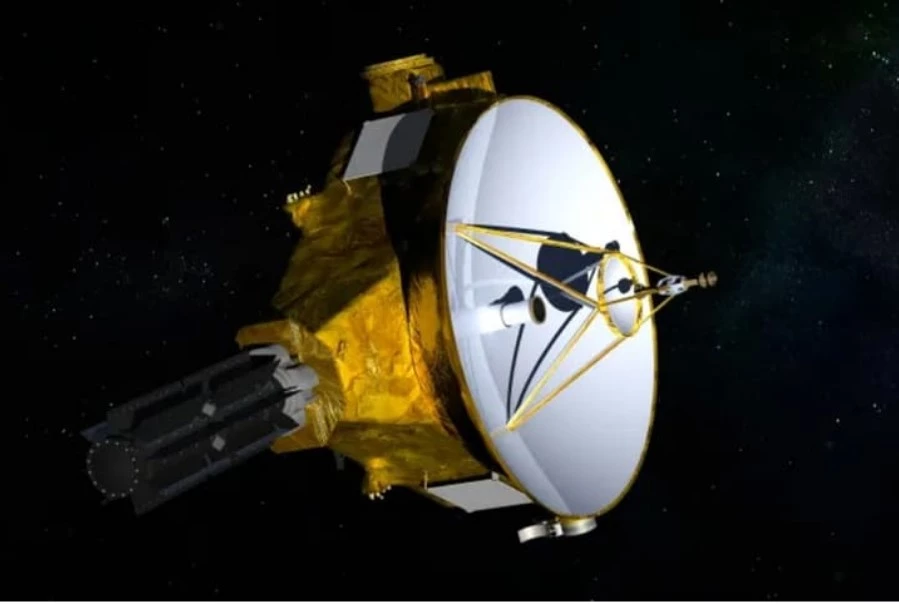
Even old space missions hit the news as the future of NASA's New Horizons interstellar probe, as it speeds out of the solar system, never to return, became a bit more secure when the Space Agency announced a new extended mission plan in October that includes another possible Kuiper Belt object flyby.
NASA mission to US$10-quadrillion asteroid lifts off
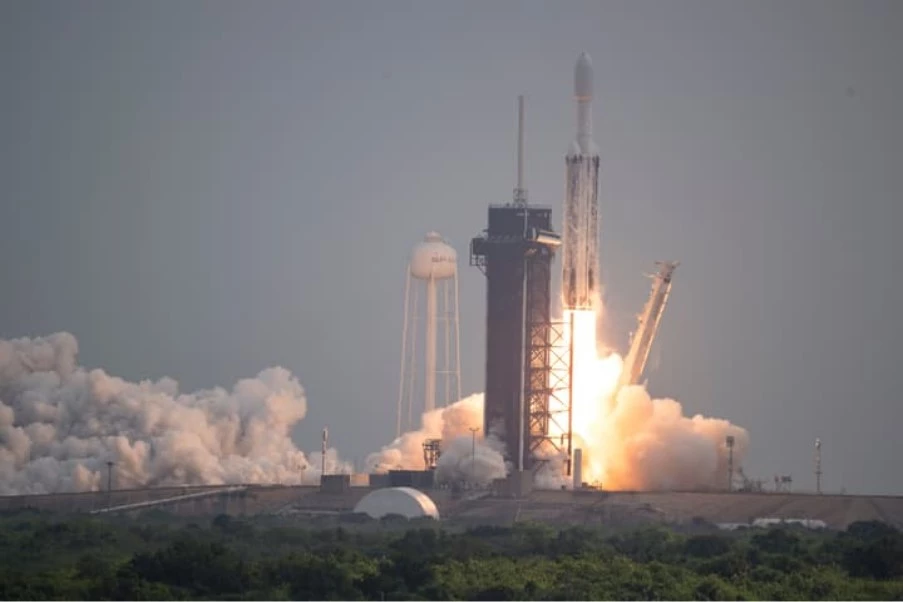
Another October surprise was NASA's deep-space probe to an estimated US$10-quadrillion metal-rich asteroid was sent on its way as the Psyche mission lifted off on October 13 from Launch Complex 39A at the Kennedy Space Center in Florida atop a SpaceX Falcon Heavy rocket.
Mouse embryos successfully grown in space for the first time
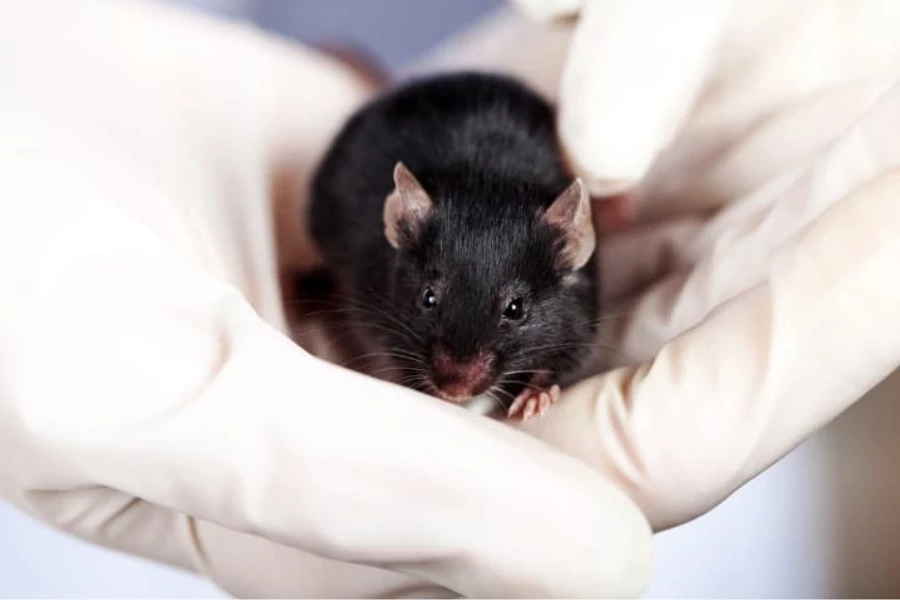
In one small step for rodentkind, scientists on the International Space Station managed to fertilize mouse eggs that developed naturally and normally into early embryonic form. While a long way to go, it’s a positive sign that mammalian – namely, human – reproduction can take place in space.
Disaster averted! Rogue star will not collide with us in 29,000 years
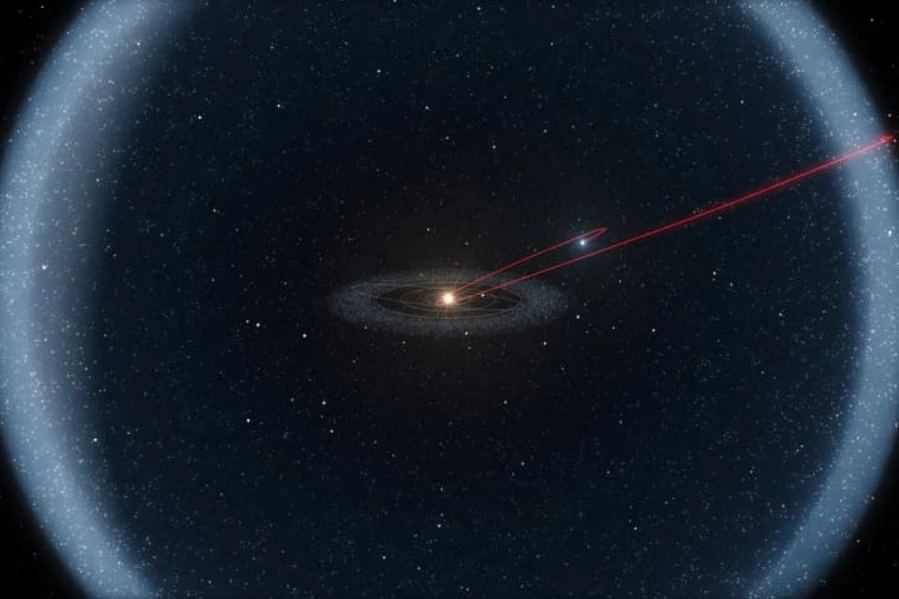
In November, the people of Earth breathed easier and took the sticky tape off the windows when news broke that the solar system won't be hit by the rogue white dwarf WD 0810-353 in 29,000 years. ESO’s Very Large Telescope (VLT) confirmed that early calculations were a bit off.
Both stages of SpaceX Starship rocket blow up on "successful" test flight
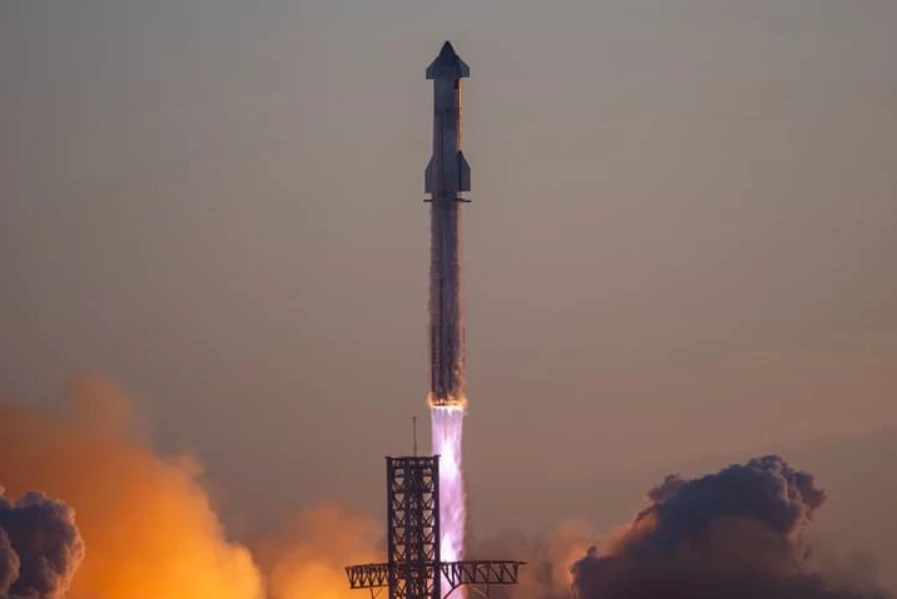
Ending with a bang, 2023 saw SpaceX's second launch attempt of its giant Starship rocket end once again in destruction, though the company declared the test flight a success, with the Starship second stage reaching the edge of space before contact was lost.
Blue Origin returns to space after year-long grounding
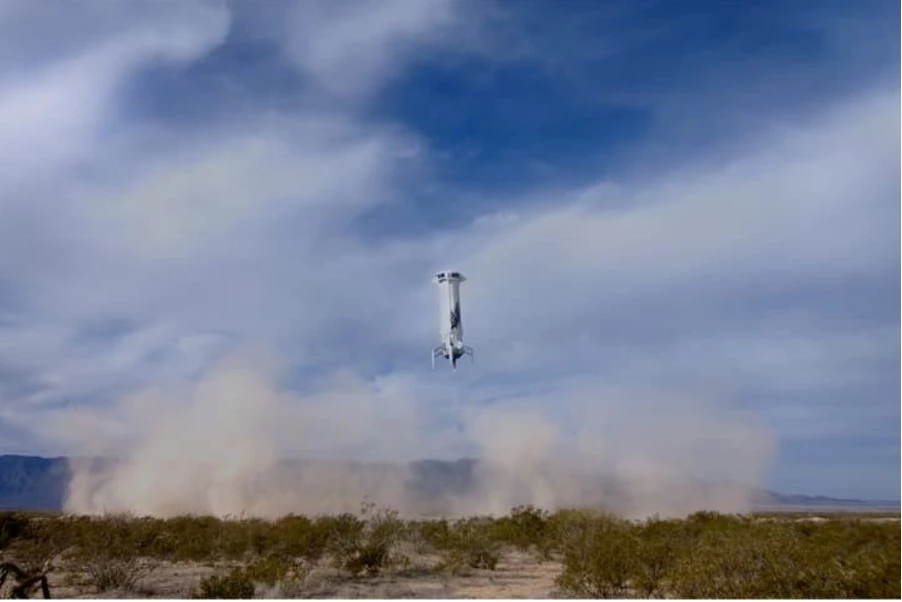
December 19 saw Blue Origin's New Shepard rocket make its comeback after being grounded for a year when it returned to the skies and completed its 24th flight from the company's Launch Site One in West Texas, transporting 33 payloads to the edge of space.
NASA beams cute cat video back to Earth from deep space
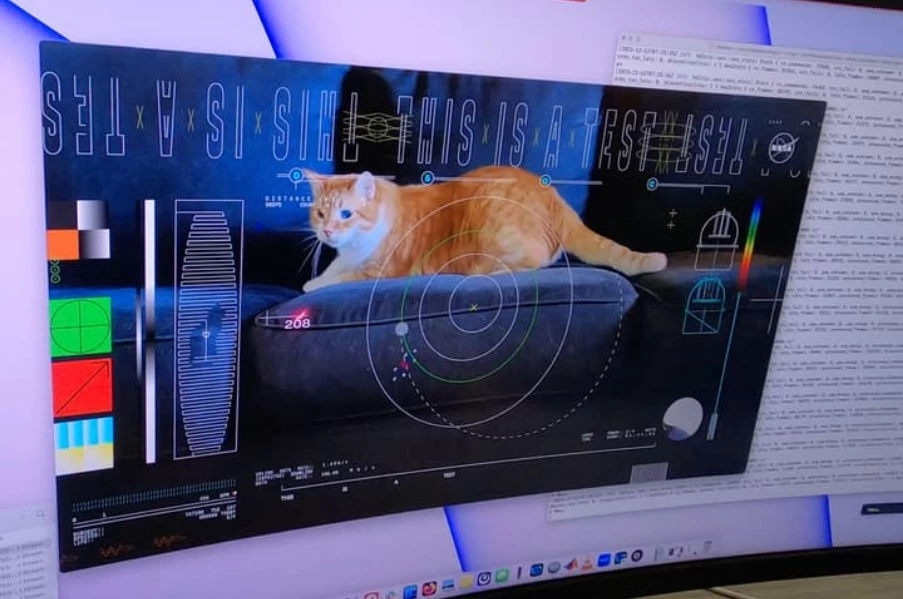
And what better way to end the year than with a cute cat video – specifically, one NASA took to a whole new level with its Psyche Deep Space Optical Communications experiment beaming a 15-second high-definition clip of a playful tabby across 19 million miles (31 million km) of space to Earth.






